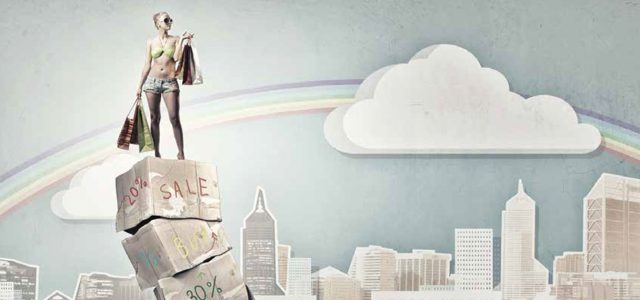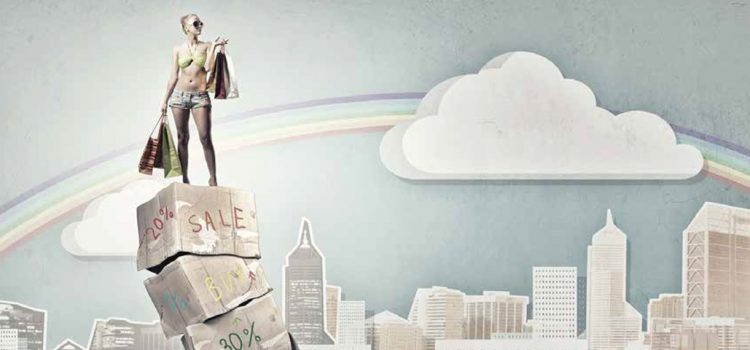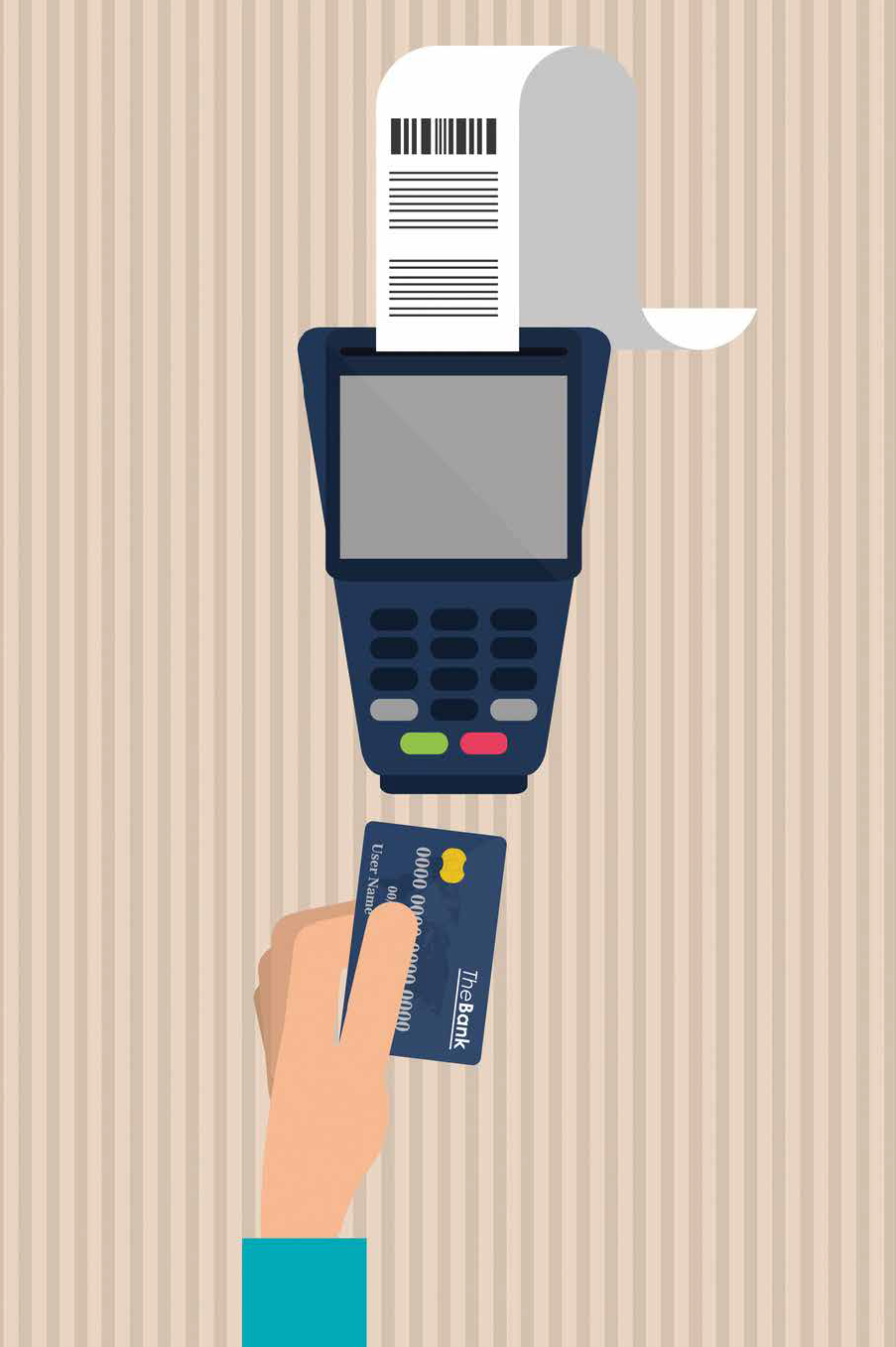

The unconscious addiction to ownership
Knowledge 17 February 2017 Krzysztof Sadecki

We live in a constant belief we do not own anything. We are geared towards consumerism and we identify a successful life with having material possessions. We are continually on the lookout for ways of accumulating more stuff, which is supposed to elicit a sense of fulfilment. The question is, where does it end?
We just have to, and that’s that… The desire to own is like sugar. It is a drug of a different sort, always calling to us.
Shopping makes us believe that we have something going for us in our lives. But why do we always want more?
When you want to satisfy your sweet tooth, you feel an inner hunger and you will do anything to feel that familiar pleasure. You’ll quench the thirst and you’ll feel better. This state does not last and soon you’ll have regrets or want even more. It never ends after just one piece of chocolate or candy. If you are having a rough day, you’ll gorge yourself with reckless abandon. Even strong convictions won’t stop you. No matter how much you’ll eat, the effect will be the same and nothing will change. You’ll only gain several pounds and regrets about breaking your own promises. It’s a self-perpetuating spiral that works like a drug that is supposed to drown out deficiencies, sorrows and failures in our lives.
 Elevated temperature during shopping
Elevated temperature during shopping
Sales madness happens several times a year. We know exactly how the promotions work and how they are set up. Still, we fall for it and buy things that we don’t need, that later end up in our closets and basements. Everybody’s got something in their triumphant collection that they barely used once and then discarded, only to collect dust. And yet we still run to the store every time we feel it will lighten our mood. Maybe it’ll be one of the many occasions we’ll get to show off before our friends or acquaintances. We buy a car that we didn’t need only to spite our neighbours who wanted one for years. In reality we can’t even afford that car – or that house – but “why would I deny myself this?”
We run amok, like we’re under influence of drugs, and the market chains use that against us, creating deliberate marketing campaigns that seemingly address our current needs. Our brain, accustomed to this type of logic, starts to create thoughts and images supporting the ideas we saw in the advertisement. We convince ourselves to buy a product and – despite our inner struggle – finally make the purchase. And when we get back home and our shopping frenzy fades, we start to wonder about our decisions. Nevertheless we rarely decide to return the products, because the slogans in the stores asked us to “make informed purchases”. We won’t admit that we made a mistake and we want to return the goods. The purchase lands in the “thoughbox” known as “maybe I’ll use it someday”.
We own more than we know
We don’t control our wealth or budget. We do not check what we really have and we live in the belief that others have more. That’s why we must have as much – or even more. Many can’t deal with this mania.
There are many reasons this happens, but the most important one is the lack of gratitude for what we already own. Maybe this is cliché, but it’s a strong and important one. When you stop and see what you already have and what you have accomplished you’ll understand that strength does not lie in possessions. When you tally up your wealth you’ll see you’re a very wealthy person. You’ll start to think about your reflex behavioral pattern and how it relates to your shopping habits. You’ll quickly realize that all those things did not give you enough satisfaction, that they quenched the thirst for happiness only for a short while. You’ll think about the day you bought your new MacBook. You were so excited to own this exceptional piece of hardware. And how that new Mercedes would totally kick ass and change your life. You’d travel around the world and show off your greatness. All of this was real, but only for a week, a fortnight or a month. Sooner rather than later you’ll realize that this PC, car, trip, furniture or dress are exactly like all the others. They are new, that’s true… but soon they won’t be. The emotions fade. If you don’t understand your own behavior you’ll quickly go and pay a hefty sum for another new gadget. All in all, nothing will change.
To be or not to be… stuck in the ownership addiction
Poor or rich, it doesn’t matter. If you have more money you’ll just buy higher quality toys from better companies, in reality the behavior will be exactly the same. Those are conditional reactions, habits with which the world has programmed us, and which we blindly follow. We hear our inner voice communicating with the object of our desire – “buy us, you’ll feel better”. You’re just looking for that next fix.
You need to go on a rehab and the best medicine is understanding that our greatness does not lie in ownership. The process that will lead you there is being grateful for what you already have. You won’t fall for a momentary temptation, because you’ll find other ways of feeling satisfied. It’s better to go for a walk or hit the gym. You can also meet up with friends, enjoy your hobbies or do some charity work. And if that inner voice is telling you all this doesn’t make any sense, know that it’s lying for its own satisfaction. It knows it’s stronger at the moment and it grants a temporary sense of control. That’s what addictions do. You can change that and deal with your desire on your own terms, safe in knowing that it serves you, not the other way around. ■







